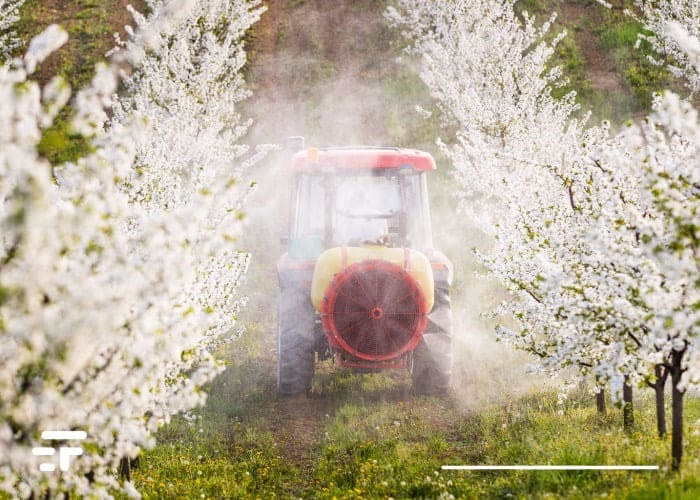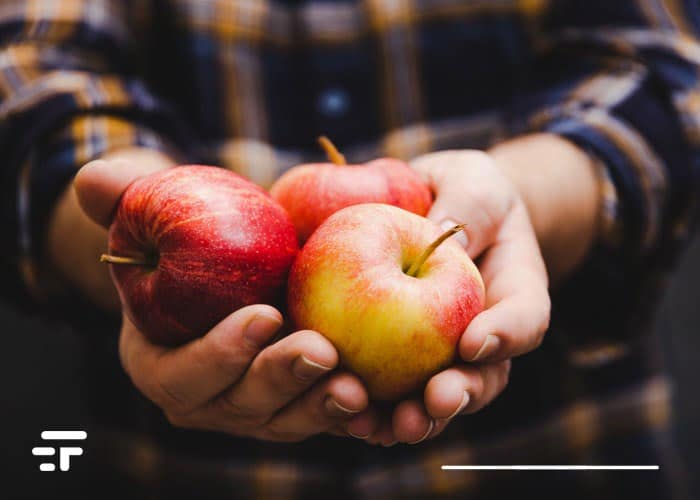Today Georgios Sotiriou, principal investigator in the Department of Microbiology, Cancer and Cell Biology at Karolinska Institutet, is happy as Easter. And she has good reason for it: the study of which she is the corresponding author (and that I link to you here) marks quite a good point against pesticides in food.
Consider: up to 50% of all fruit sold in the EU contains pesticide residues that end up creating serious human health problems. And today's techniques for detecting them are expensive and cumbersome.
Georgius and his colleagues have developed inexpensive nanosensors that can be used to monitor pesticide traces in fruit. Imagine a store that equips itself with these tools to guarantee customers healthy products. Beautiful, is not it?

A secret called SERS
The new nanosensors take advantage of a 70s discovery known as Raman effect or SERS, a powerful, well-established sensing technique that can increase diagnostic signals from biomolecules on metal surfaces by more than 1 million times. SERS is currently used in numerous research areas including chemical and environmental analysis and the detection of biomarkers for various diseases. Today, researchers have found a way to make it easy to make, and ready to be used on a large scale.
How? Using the flame spraying, a well-established and economical technique for depositing metallic coatings. In this case it served to distribute small silver nanoparticles on a glass surface.
“Flame spraying can be used to rapidly produce large, uniform SERS films, removing a key barrier to scale-up,” he says Haipeng Li, first author of the study.

Pesticide detection in fruit: the tests
After having "adjusted" the sensitivity of the nanosensors by experimenting with different distances between the silver nanoparticles "sprayed" on the glass, the researchers started with the measurement tests. The nanosensors reliably and uniformly detected molecular signals of the presence of pesticides. And they repeated the measurements after more than two months obtaining the same precision: a sign that the system works and is stable.
Tested on apples, the nanosensors took less than 5 minutes to detect pesticides present on the fruit, without damaging it. Researchers are already testing other foods, and will then also target biomarkers for various diseases.
We are close to a future in which large-scale food safety testing will be possible before a product is consumed.
Buon appetito!


